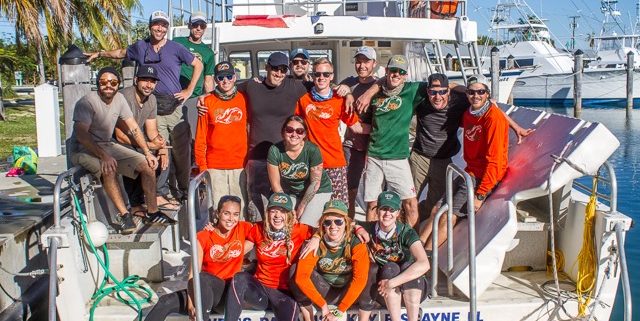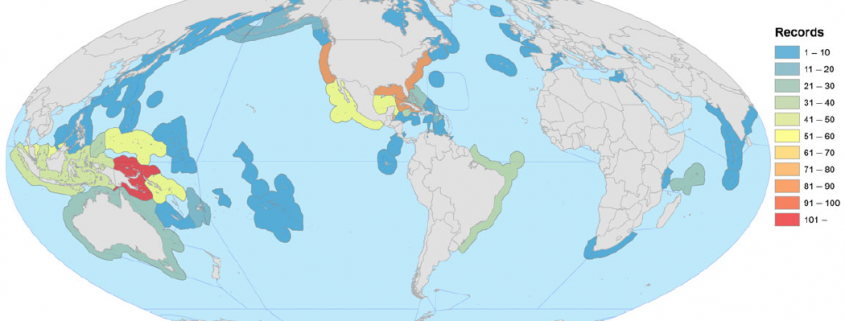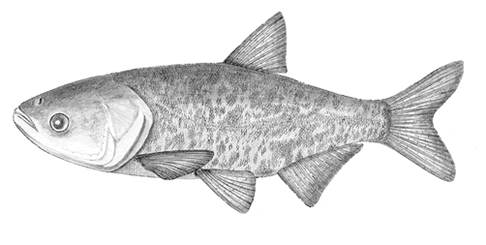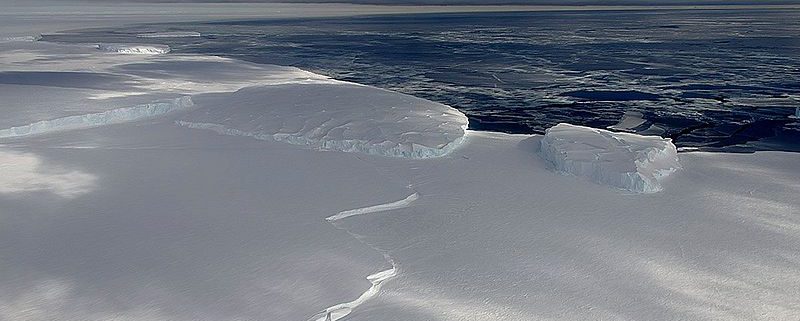Shark Tagging with National Geographic
By Rachel Skubel, SRC Intern This was our third and final day with the National Geographic film crew. By now, the Nat Geo team was familiar with how our research team operated; I can’t say enough about how fantastic they were to work with. After yesterday’s great hammerhead/bull/lemon/nurse shark progression, we were all optimistic about […]
Shark Tagging with South Broward High School
By Grace Roskar, SRC Intern The morning of February 12th, 2016 was a beautiful day for the SRC team, the Diver’s Paradise captain and crew, and students of South Broward High School to set out for a day of shark tagging. We also had two citizen scientists on board, ten-year-old Tristan and his father […]
Why have global shark and ray landings declined: improved management or overfishing?
Paper by Lindsay N K Davidson, Meg A Krawchuk, Nicholas K Dulvy By Pat Goebel, SRC Intern A drop in shark and ray landings may be thought of as a success for in improved management strategies. However, in the case of Davidson et al (2015), that is too good to be true. Unfortunately, the […]
A case for the importance and management of fish spawning aggregations
By Rachel Skubel, SRC Intern Every year, at least 300 species of fish will go to a specific spot in the ocean, at a specific time, for a key event in the continuation of their species: spawning, or releasing eggs to be fertilized. Erisman et al. (2015) detail why these fish spawning aggregations (FSAs) are […]
Active and passive environmental DNA surveillance of aquatic invasive species
By Jake Jerome, SRC graduate student Species that are not typically found in a certain environment or geographical location are known as invasive species. Invasive species can be harmful to the natural ecosystem and the organisms that typically reside there. Monitoring the introduction or spread of invasive species is important to environmental managers so they […]
Designation and management of large-scale MPAs drawing on the experiences of CCAMLR
By Julia Whidden, SRC Intern While national governments have complete control over the resources in their exclusive economic zone (200 nautical miles from a country’s coastline), the “high seas”, or open ocean, belongs to no one. Resources are extracted from the high seas at an astonishing rate by nearly every country on our planet, […]






